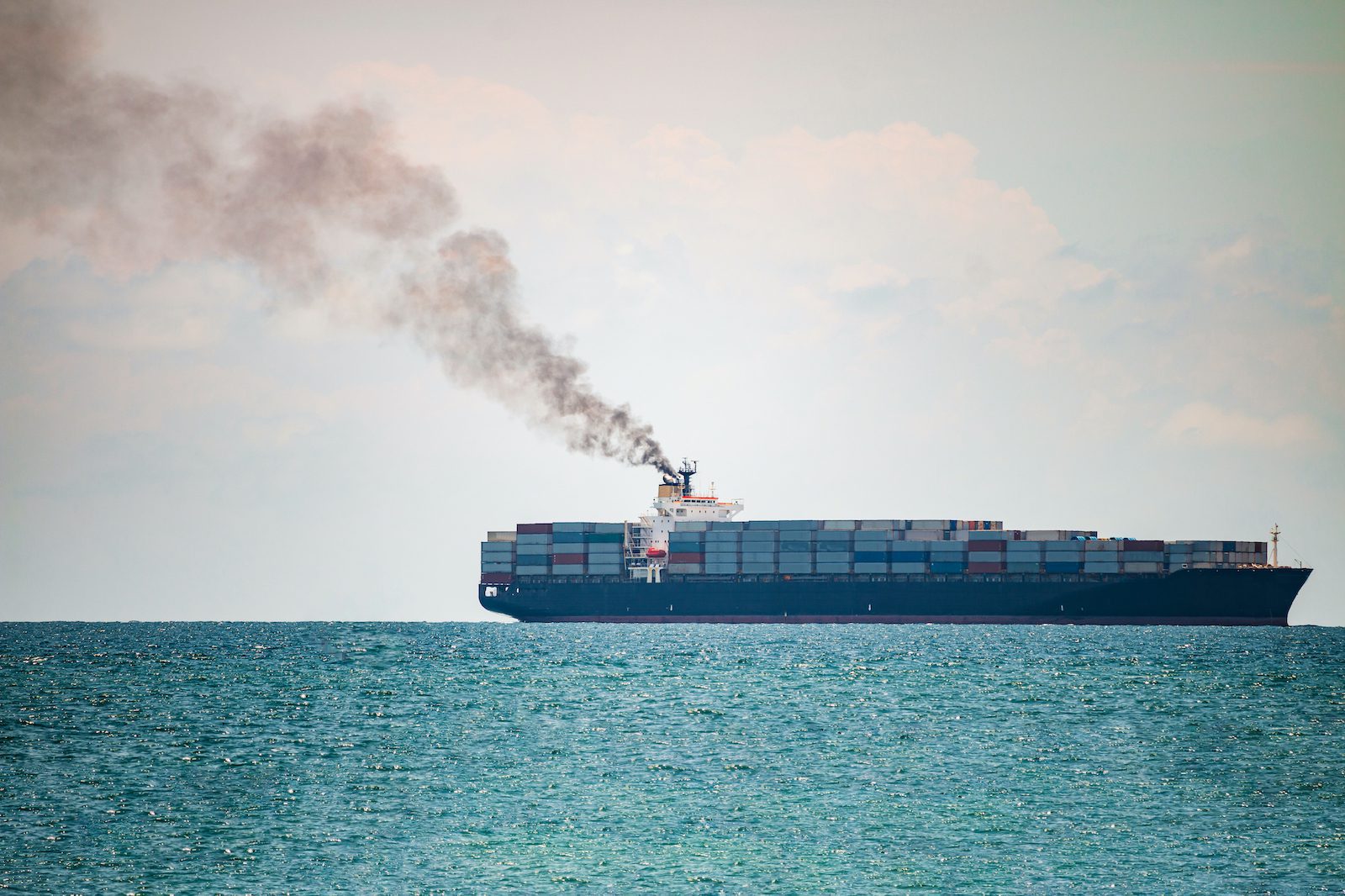Green Shipping Corridors Face Cost Hurdles Despite Policy Support
Green Shipping Corridors: Challenges and Solutions

A new report from UMAS, the UCL Energy Institute, and the Global Maritime Forum highlights the challenges and opportunities faced by green shipping corridor initiatives. While current and upcoming regulations are set to improve the business case for sustainable fuels in the maritime industry, additional support measures are necessary to make these initiatives commercially viable.
Unlocking the Potential of Green Shipping Corridors:
The study, titled ‘Building a Business Case for Green Shipping Corridors,’ delves into the obstacles that green corridor projects encounter in establishing maritime value chains for sustainable fuels like hydrogen-derived e-ammonia and e-methanol. Despite key regulations such as the IMO’s global fuel standard, the EU’s Emissions Trading System, and the US Inflation Reduction Act, significant cost barriers remain.
The analysis focuses on three key shipping sectors—gas carriers, containerships, and bulk carriers. While biofuels and blue ammonia currently offer more cost-effective solutions, the competitiveness of e-fuels like e-ammonia is expected to increase as production costs decrease and compliance requirements strengthen.
China’s Largest Ports Set To Establish Green Shipping Corridors
With 62 green shipping corridor initiatives already in the pipeline, these early-mover projects have the potential to drive sustainable fuel production and the development of essential infrastructure such as storage and bunkering facilities. However, Deniz Aymer, a Senior Consultant at UMAS, emphasizes the need for targeted support for e-fuels to bridge the cost gap effectively.
Dr. Nishatabbas Rehmatulla from UCL Energy Institute warns that without clear demand signals and public support, green shipping corridors may fail to fulfill their crucial role as first movers and resort to least-cost compliance options. The report suggests various solutions to expedite progress, including adapting business models and securing long-term commitments from cargo and ship owners. Strategic partnerships across the value chain are deemed essential for risk-sharing and advancing these projects.
Specific support mechanisms proposed include Contracts for Difference, e-fuel auctions, and multipliers for overcompliance with e-fuels. The IMO could potentially provide economic support through emissions levy revenues, although national governments might need to offer direct support in the absence of a global levy.
